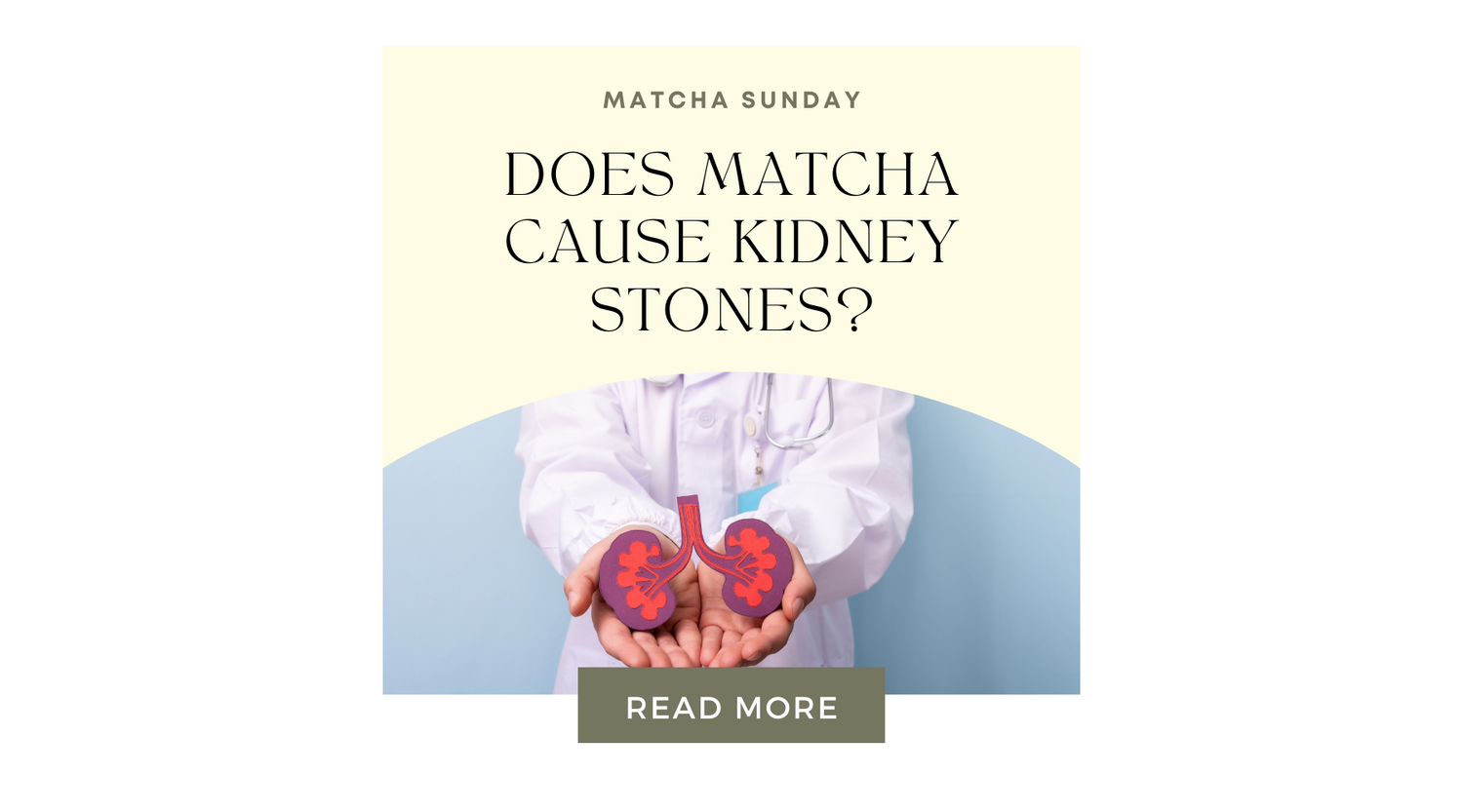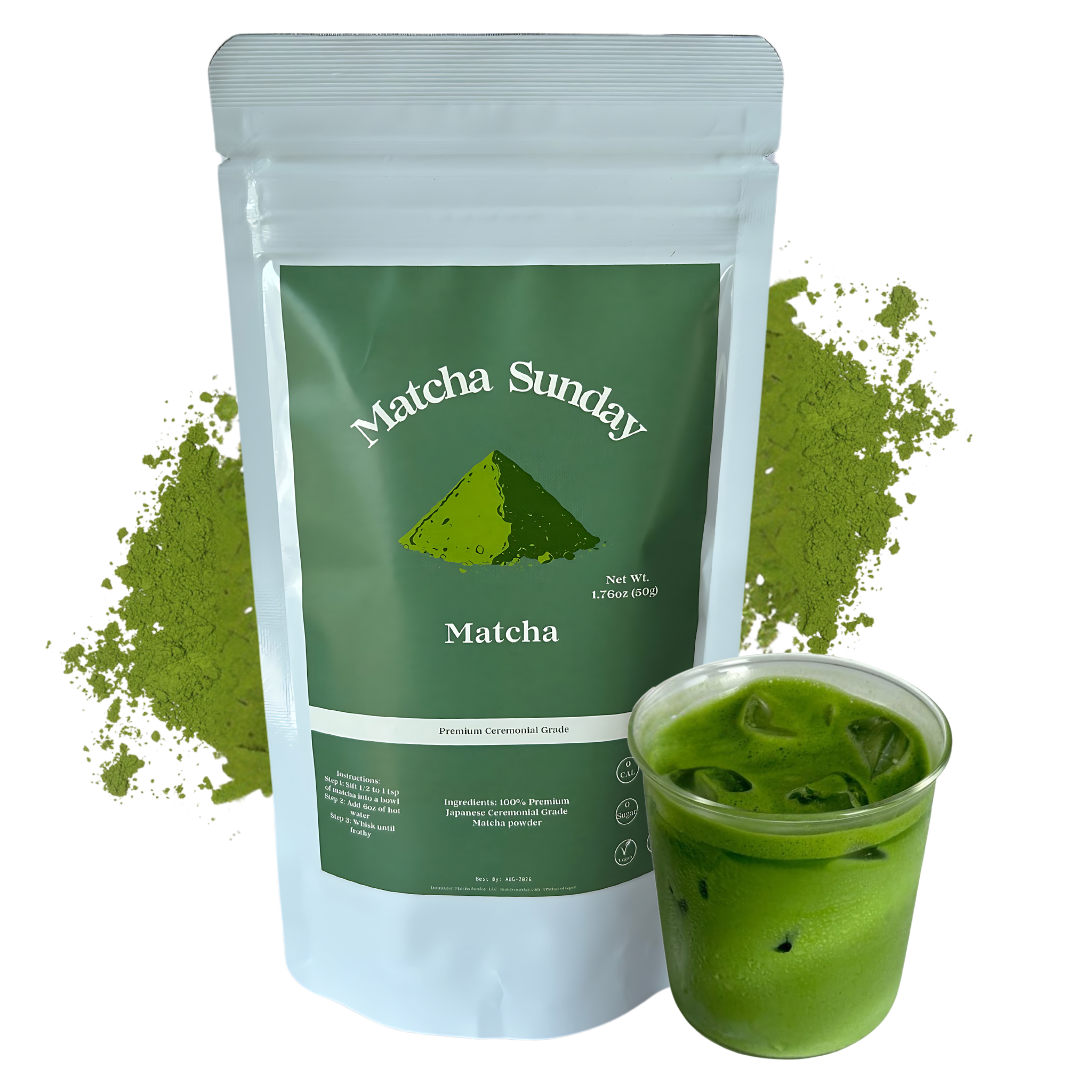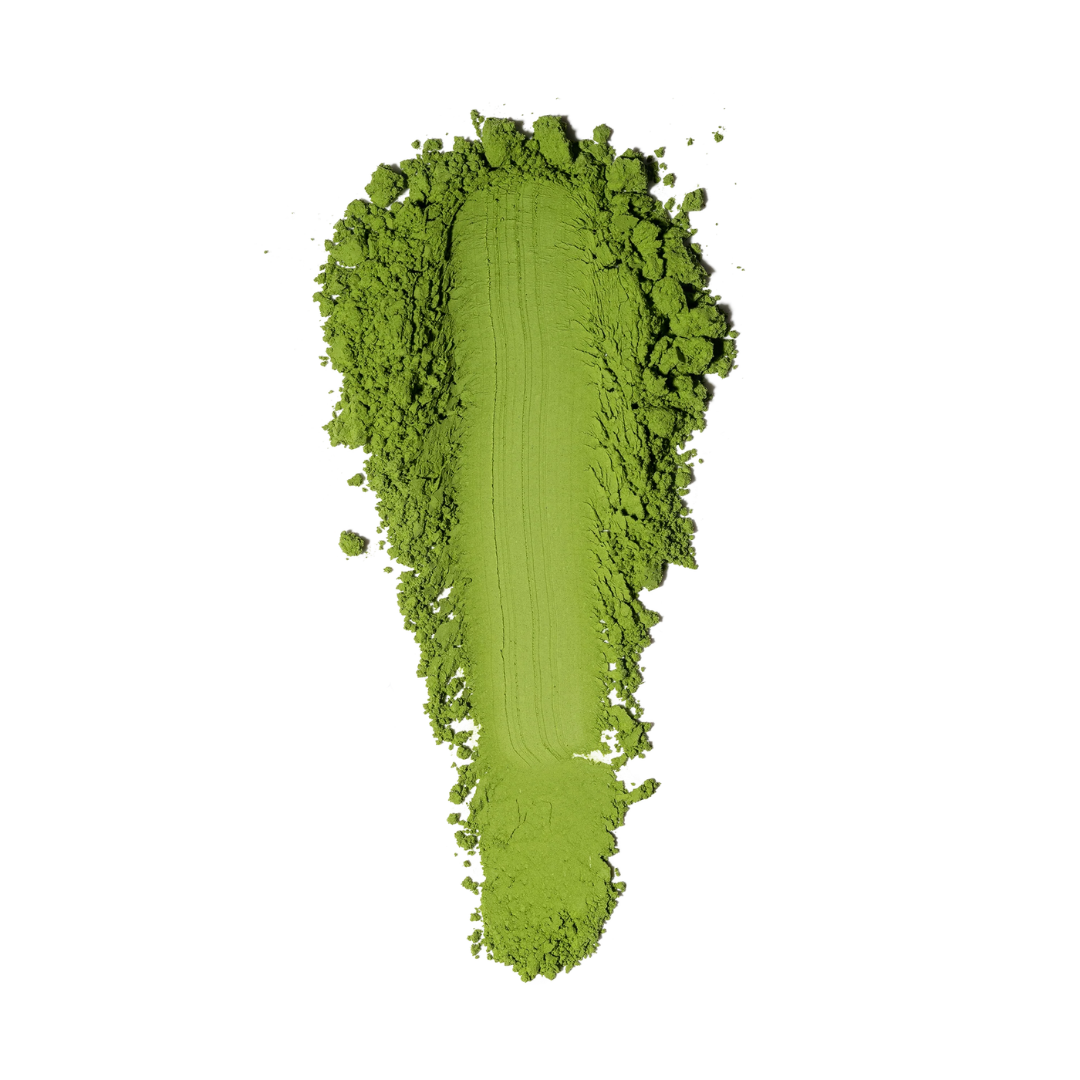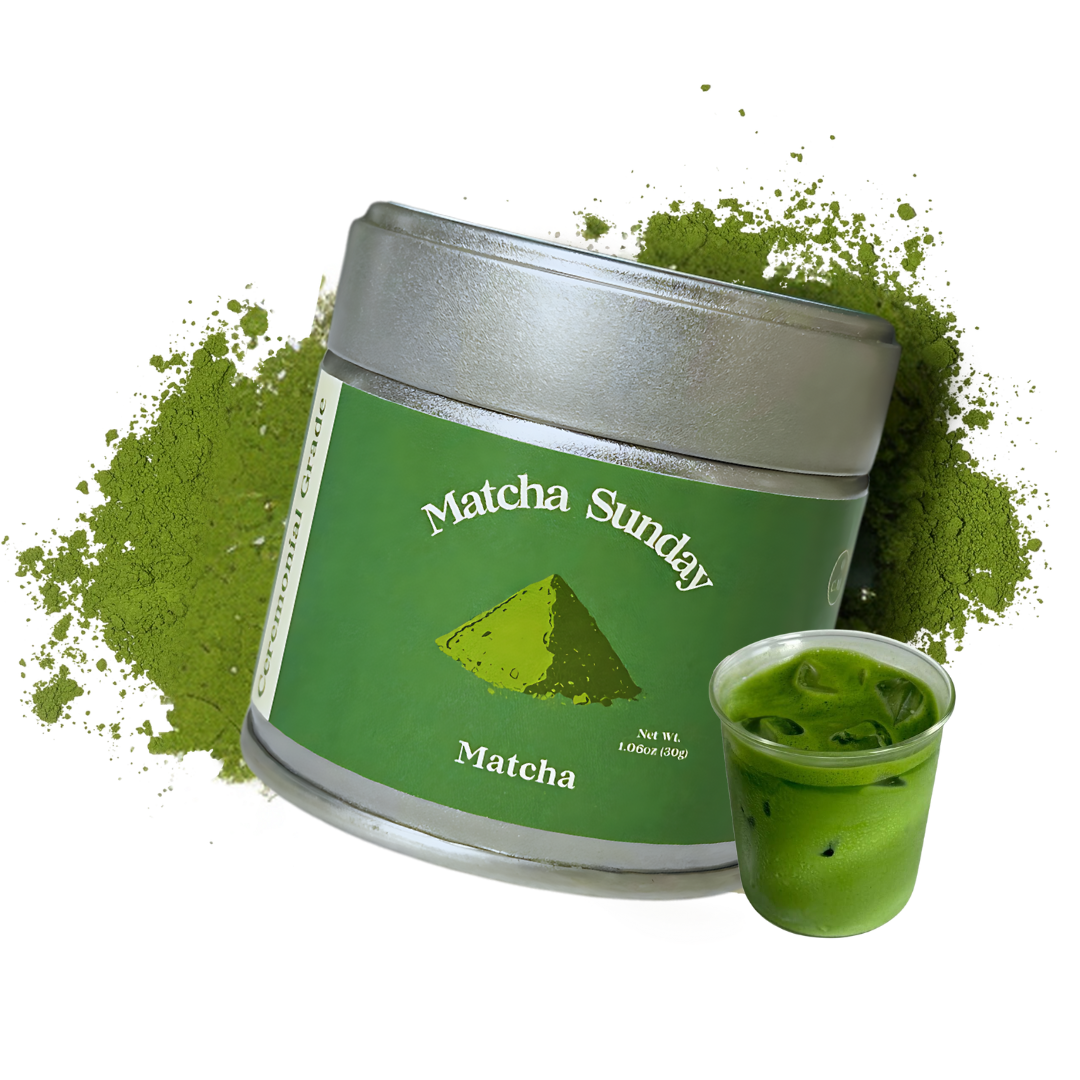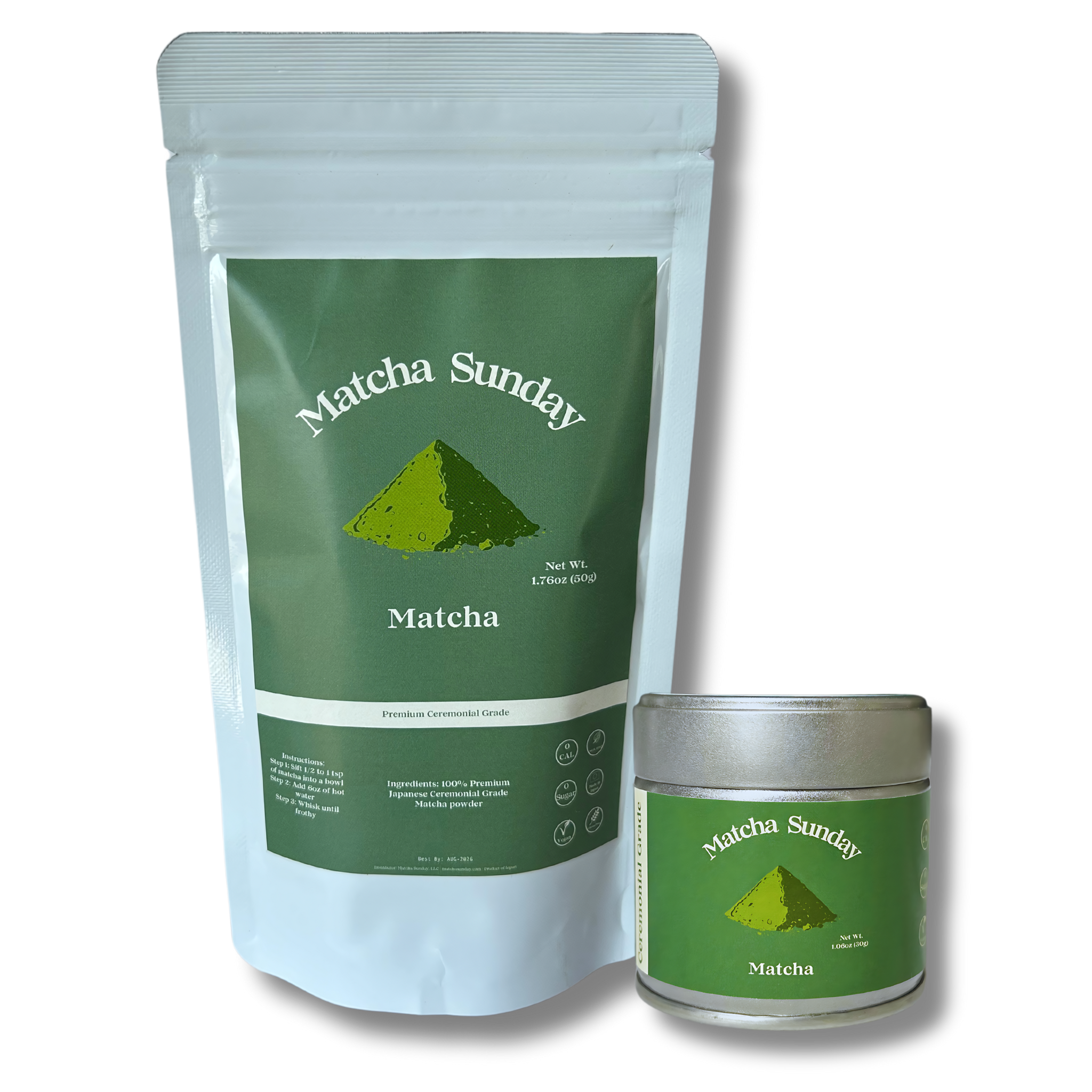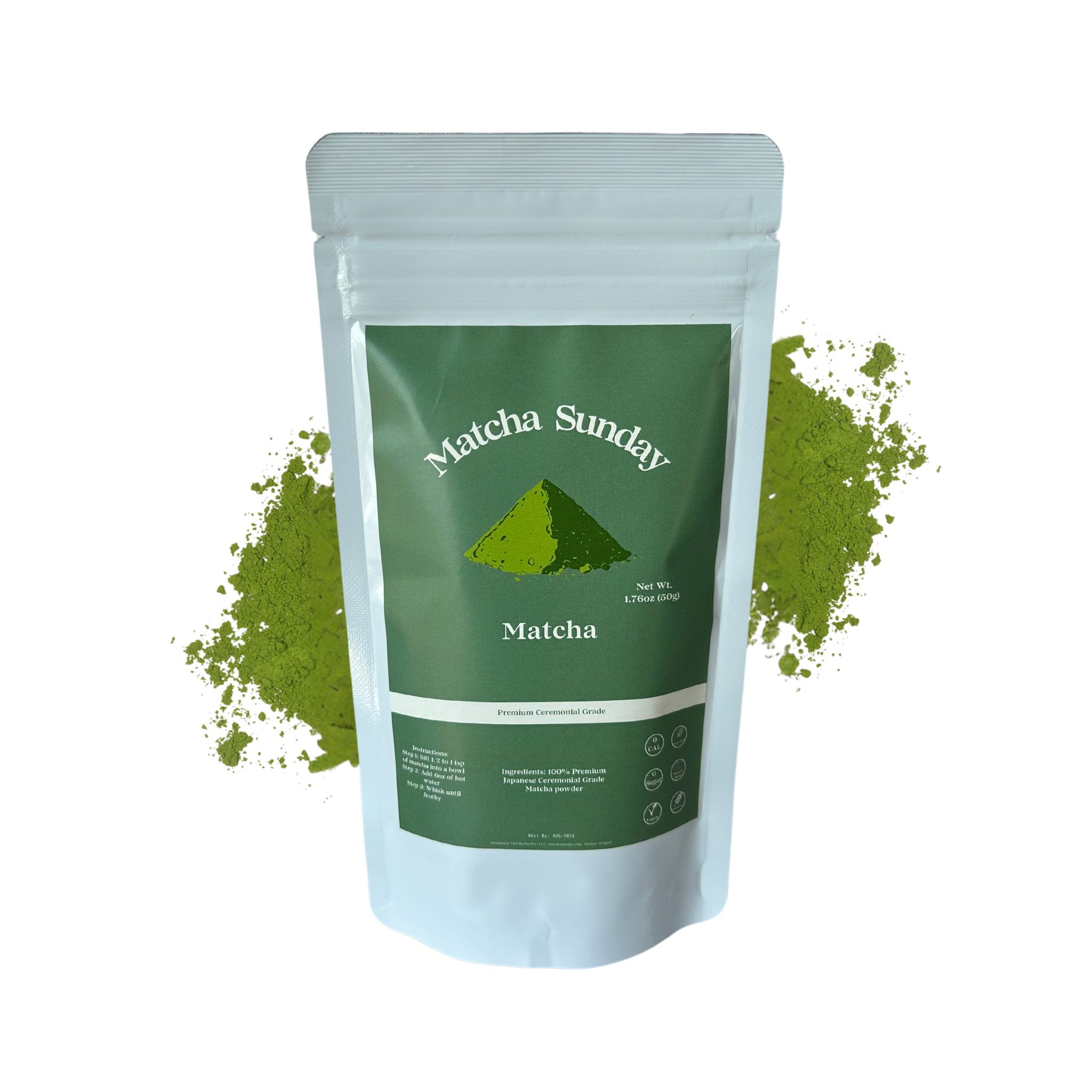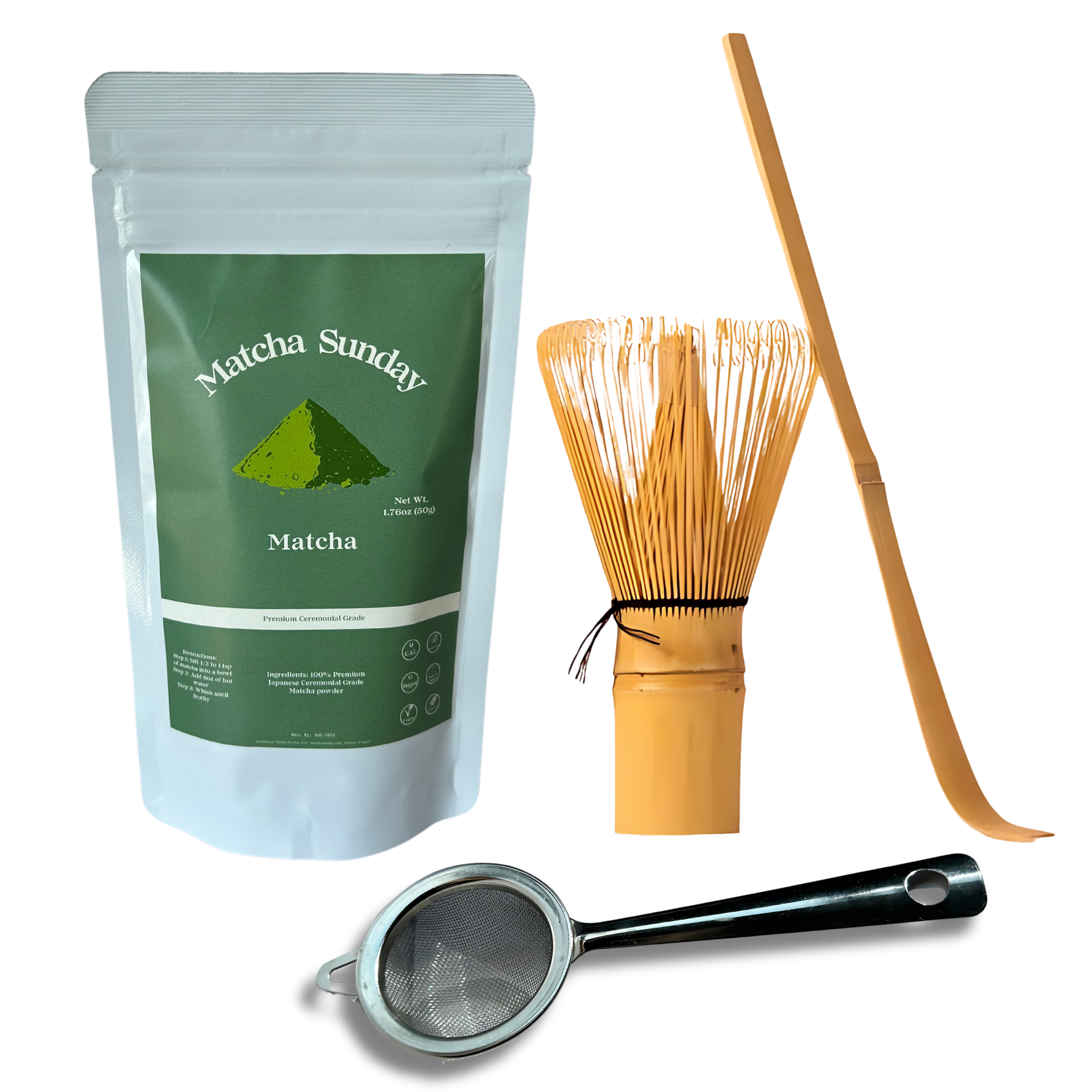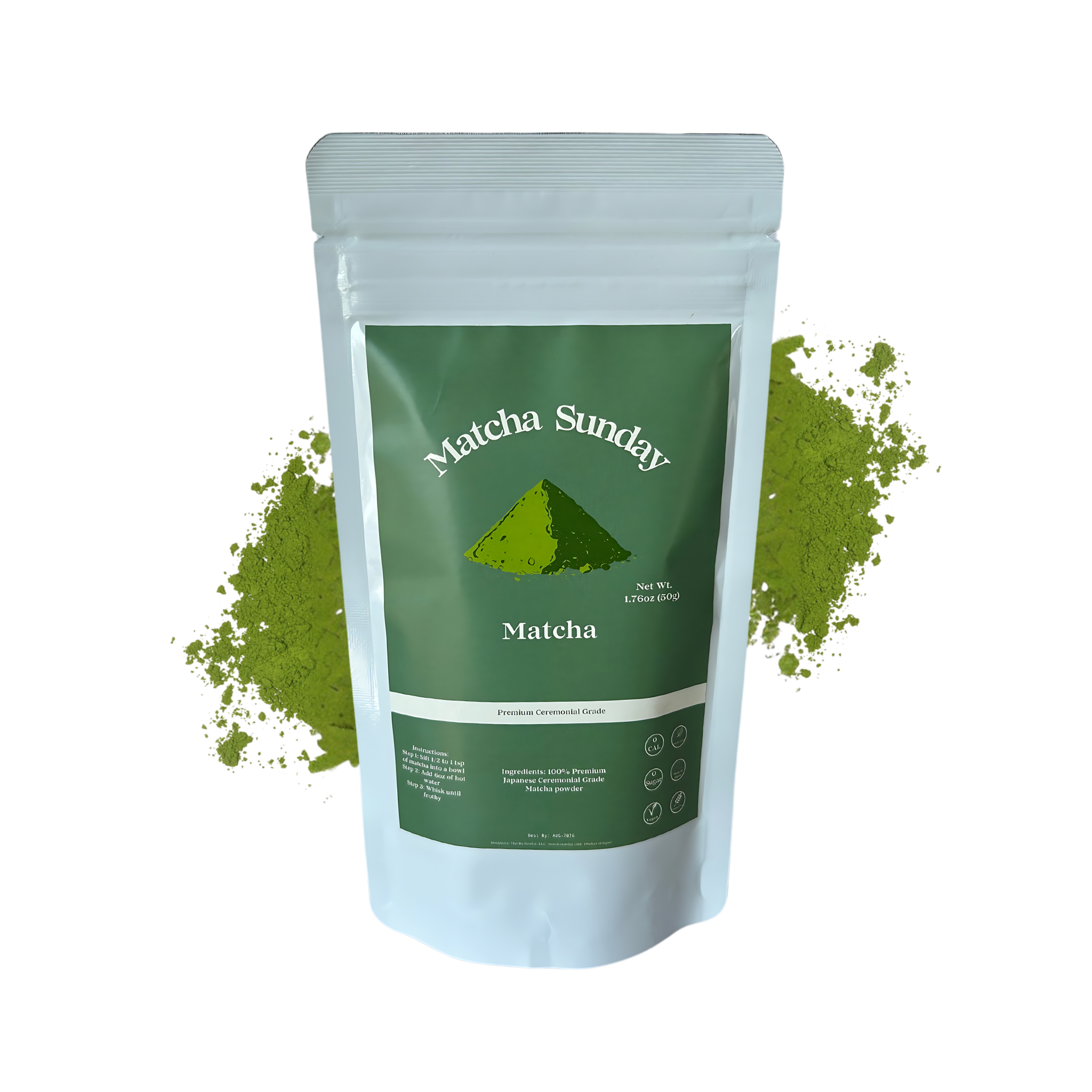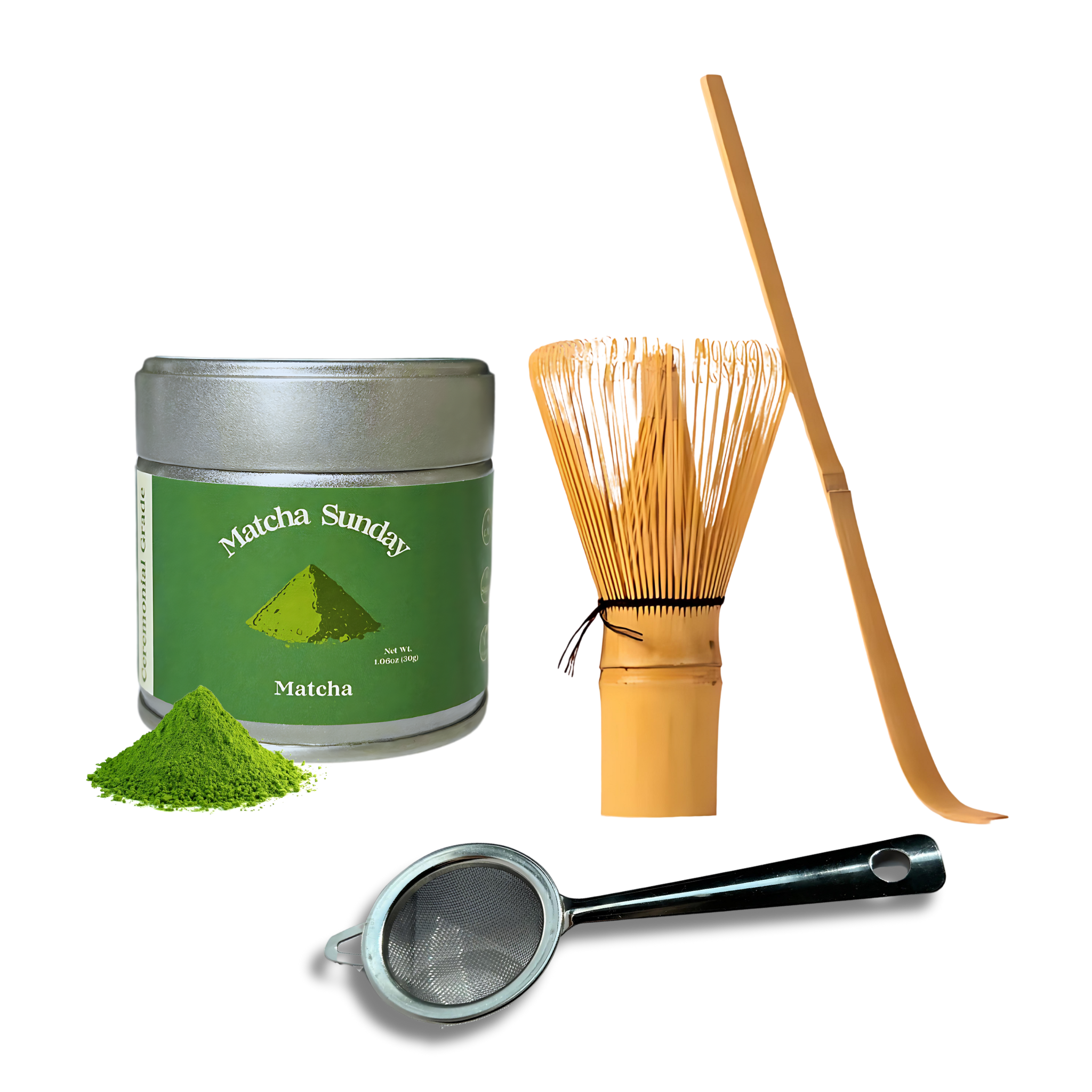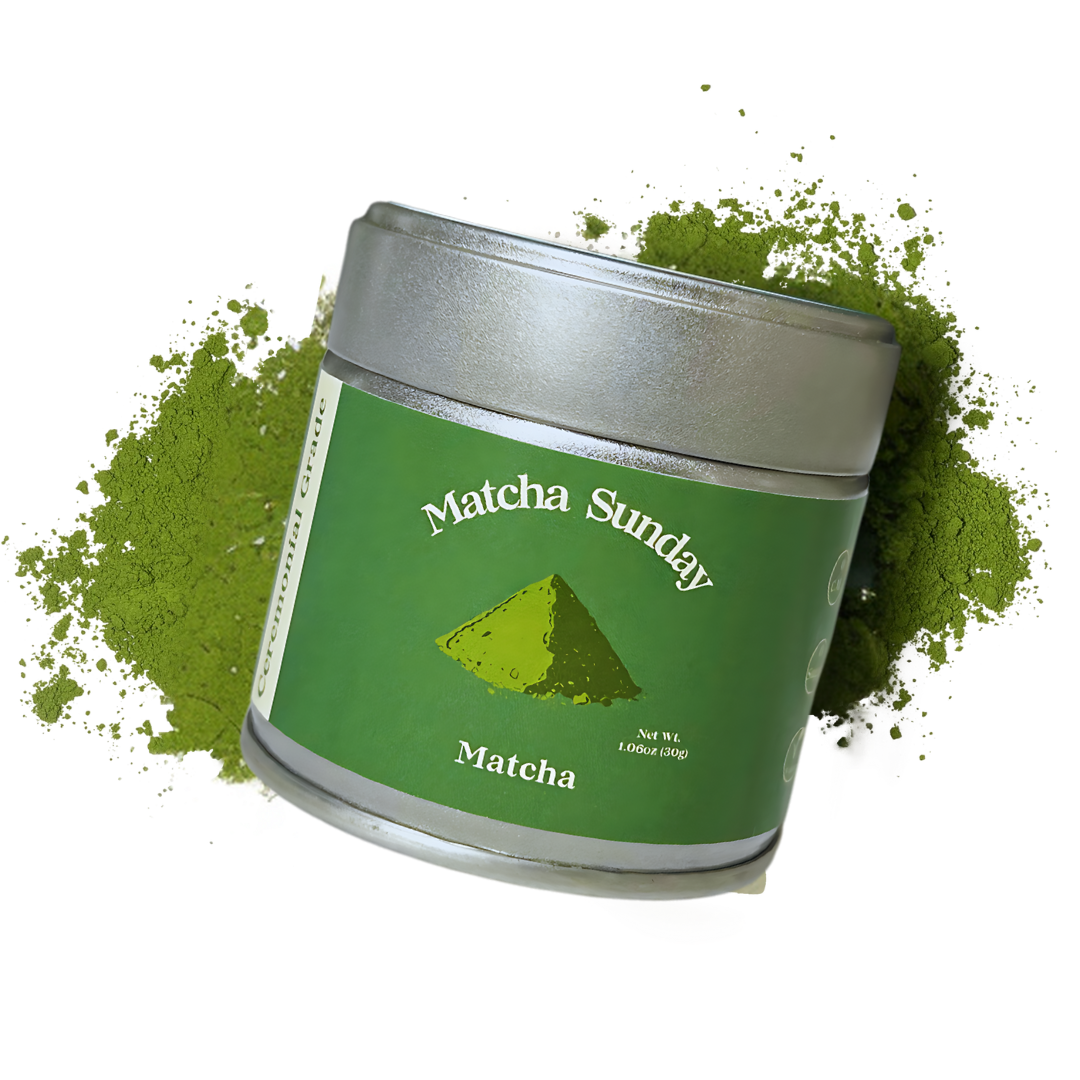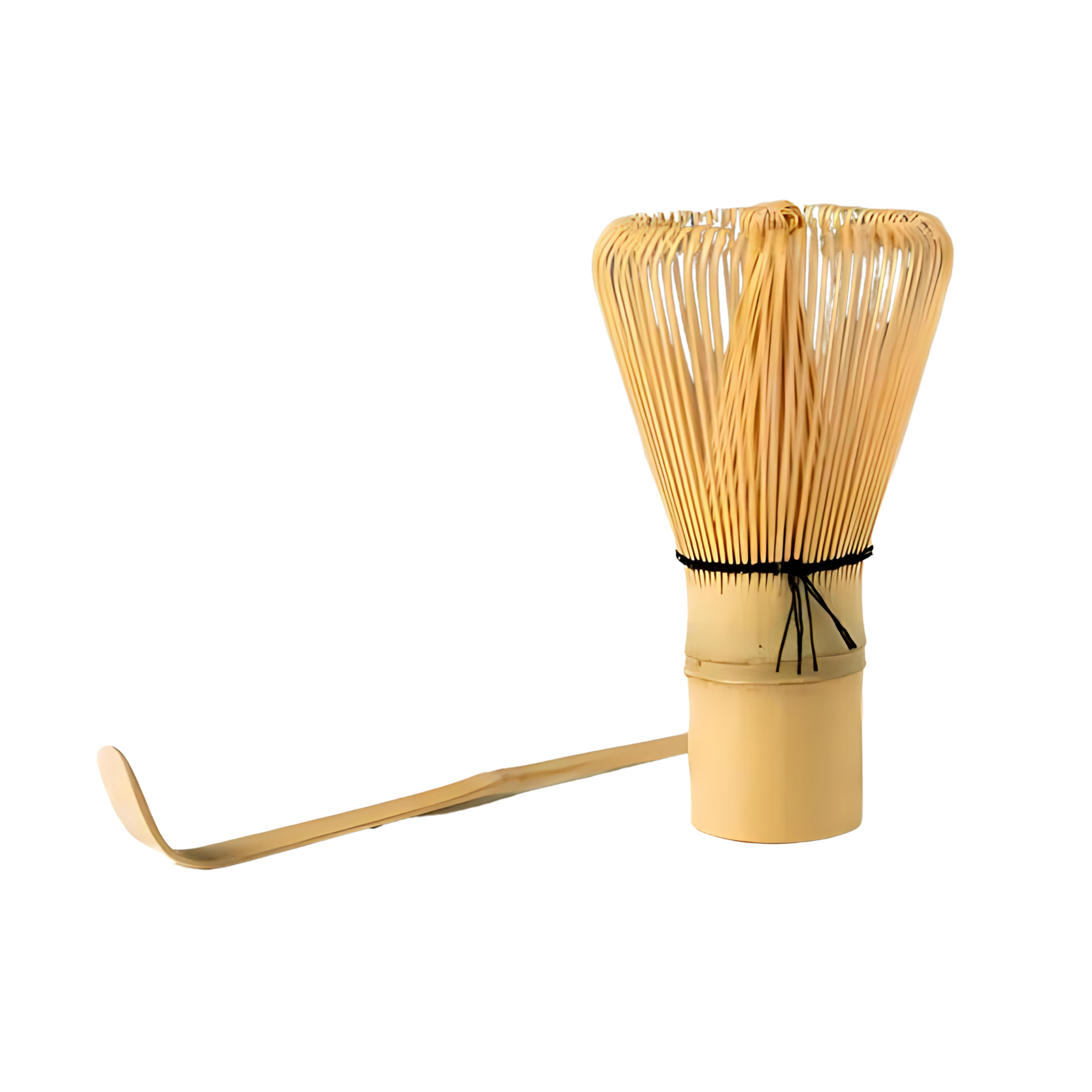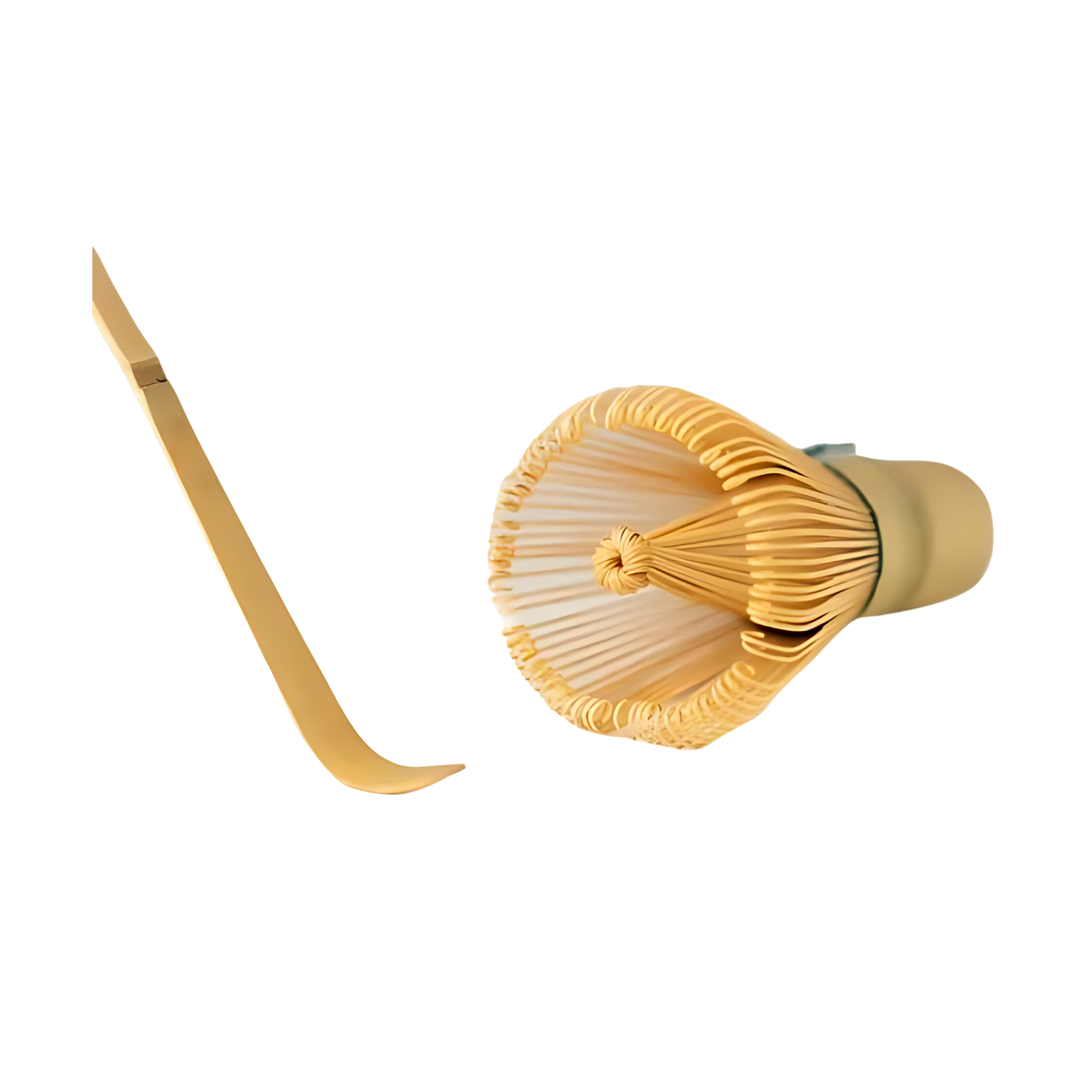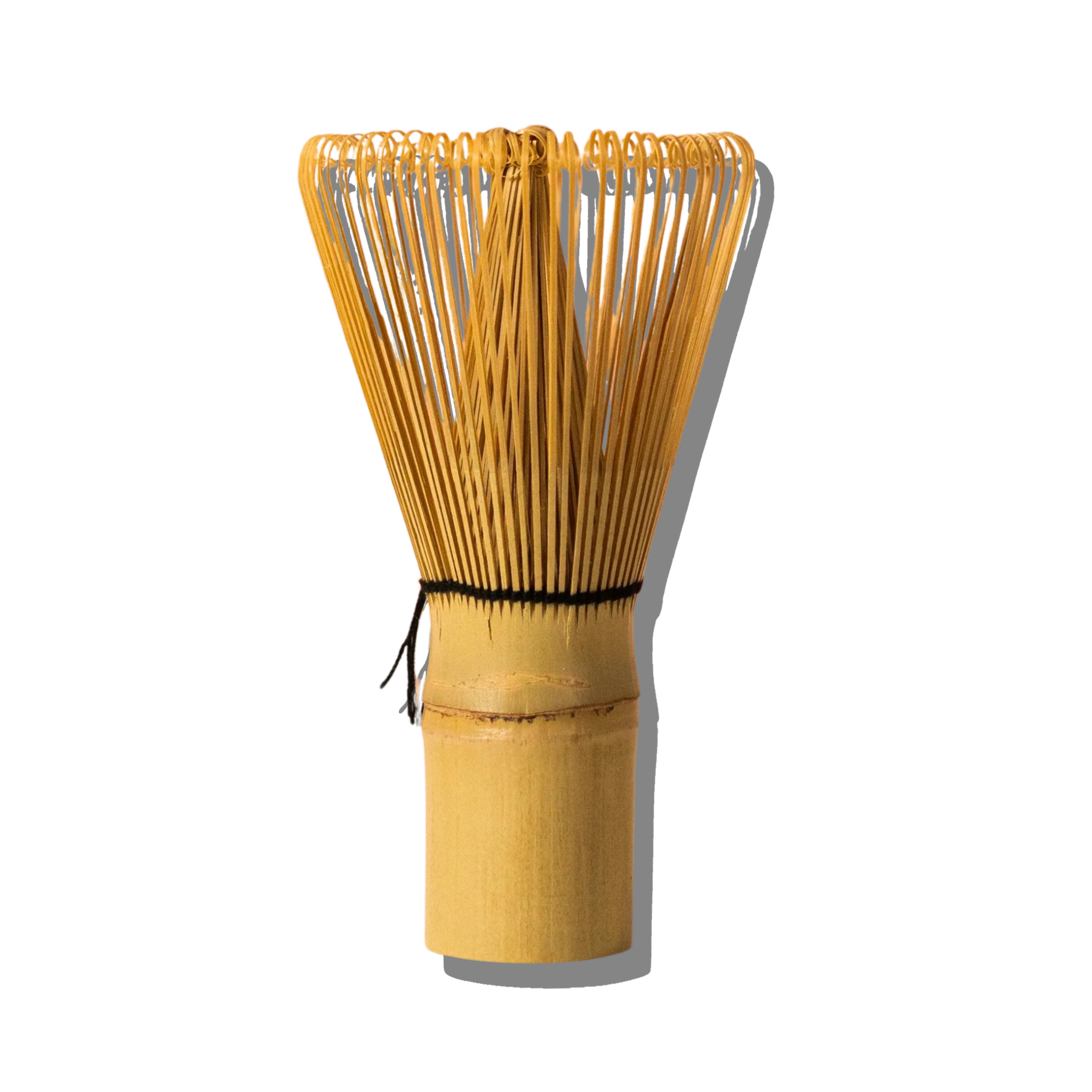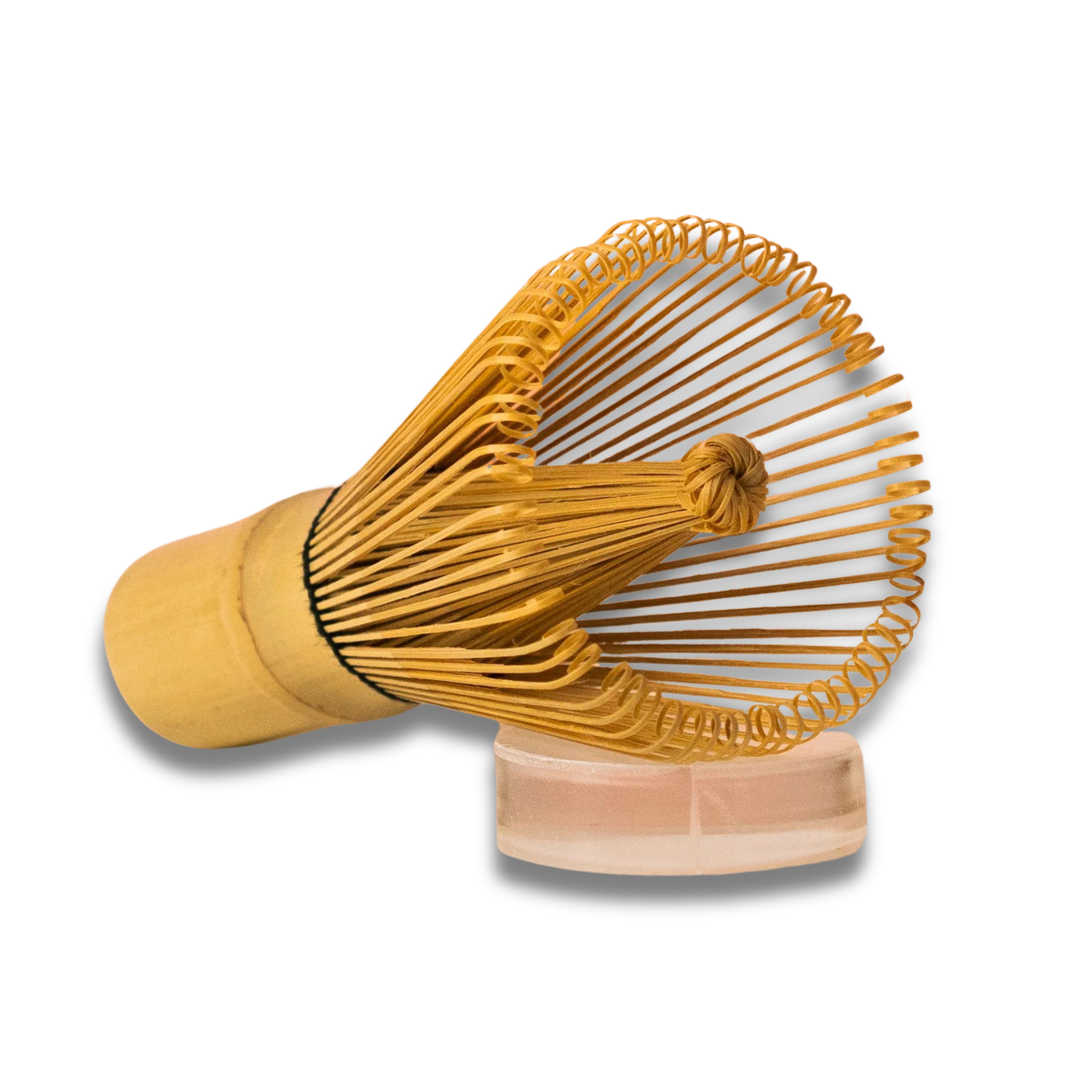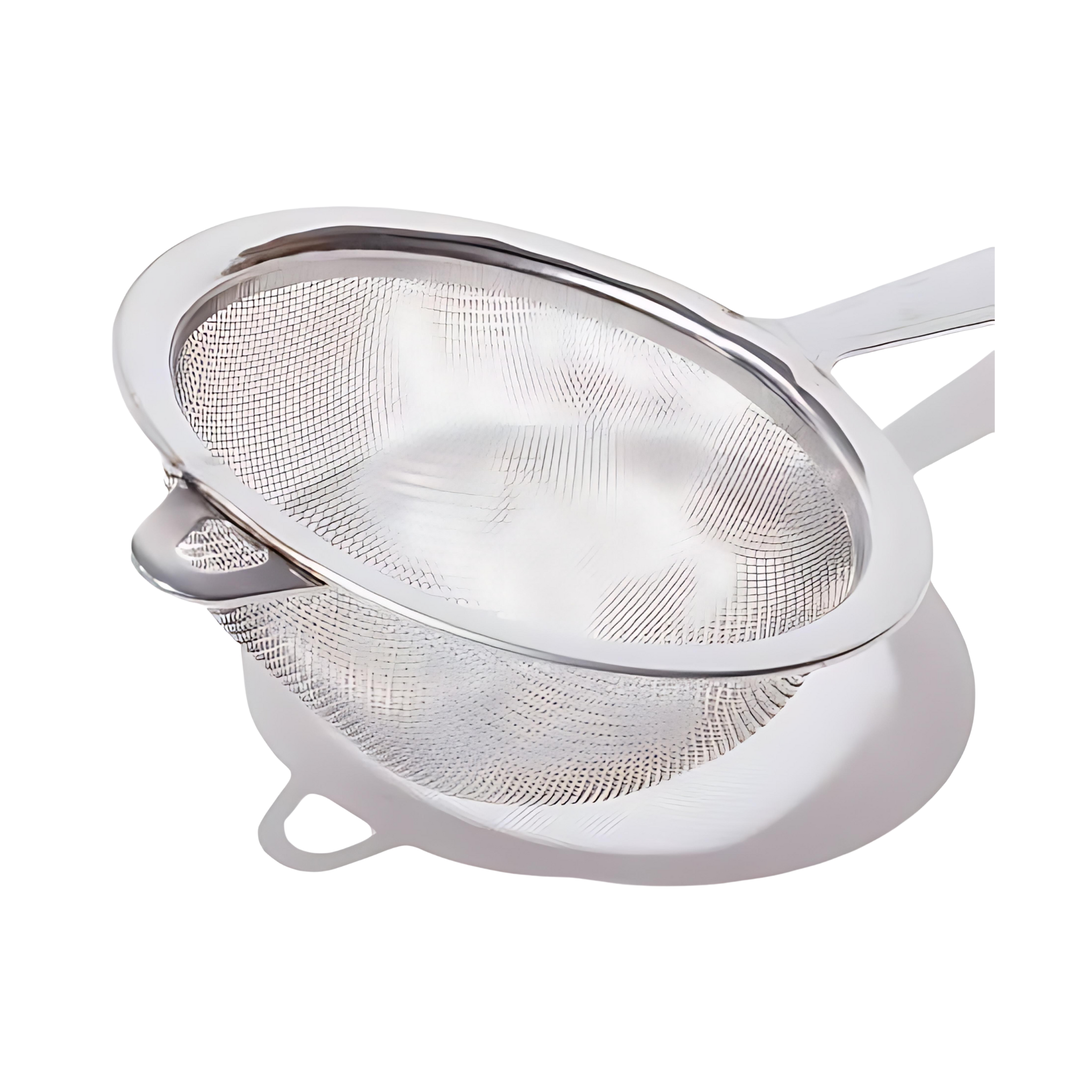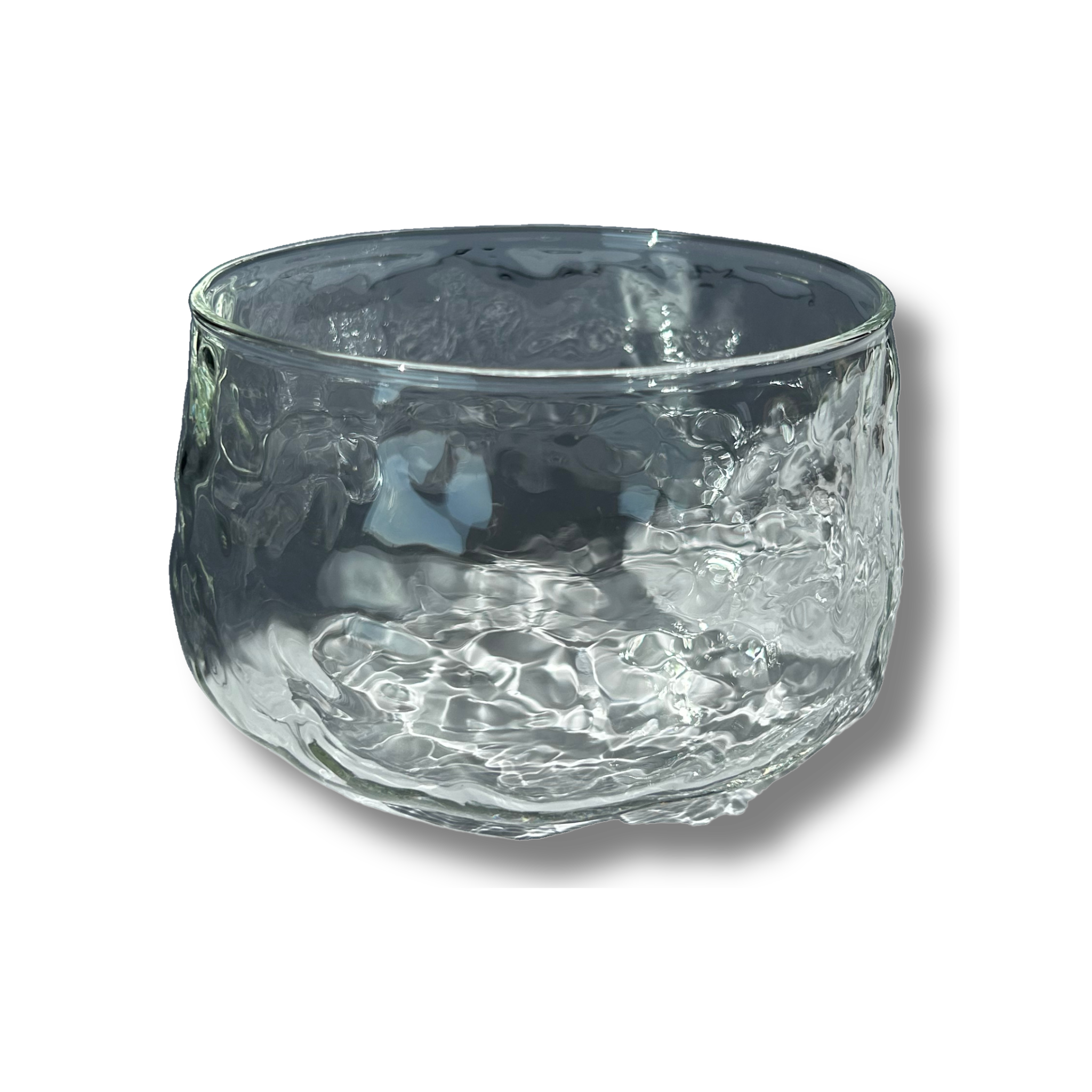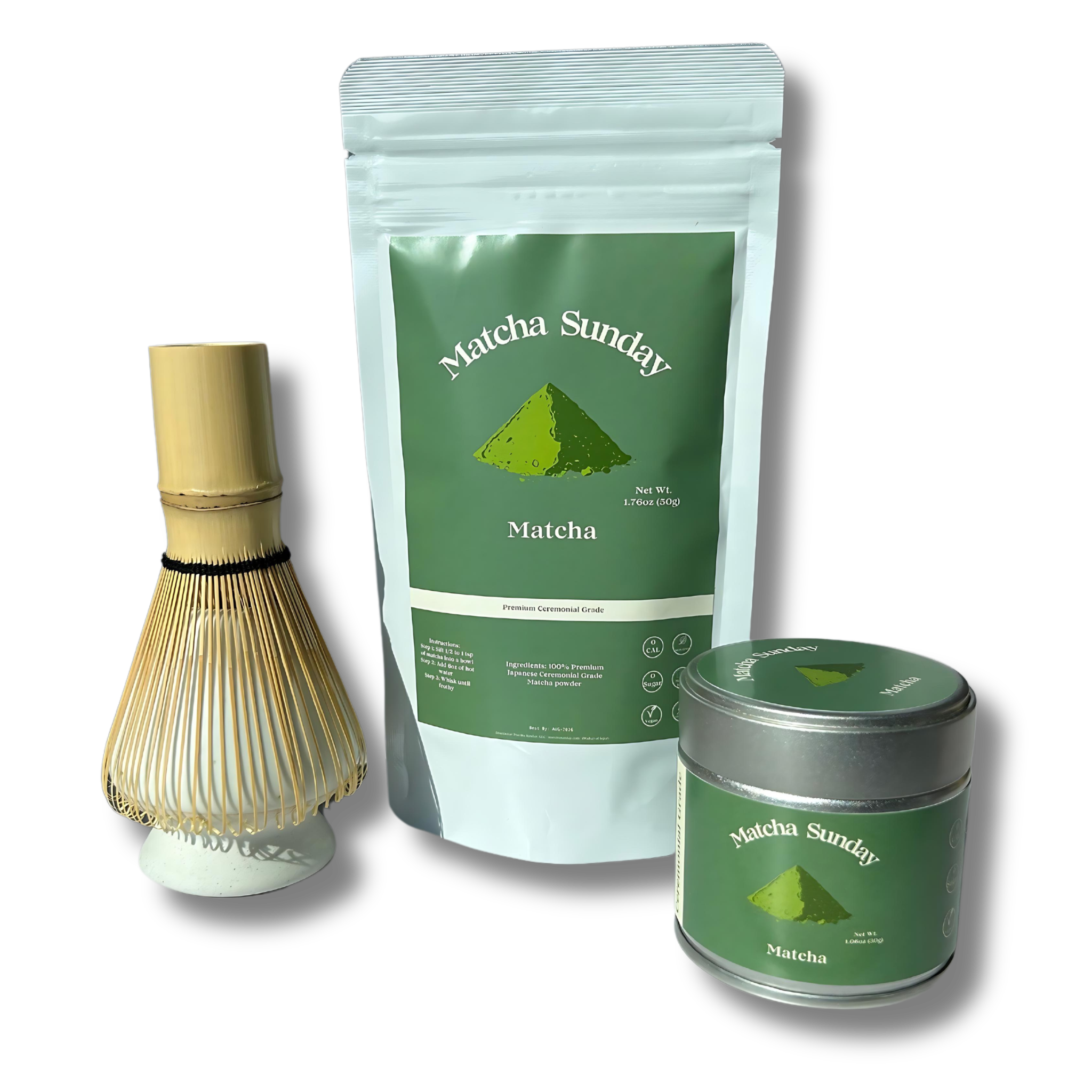Matcha green tea has become increasingly popular due to its numerous health benefits, including its high antioxidant content and potential to boost metabolism. However, concerns have been raised about whether consuming matcha can lead to kidney stones. In this article, we'll delve into the scientific evidence surrounding matcha and its impact on kidney health, including the potential risks and benefits.
Understanding Kidney Stones
What Are Kidney Stones?
Kidney stones are hard deposits made of minerals and salts that form inside your kidneys. They can cause severe pain and discomfort when they pass through your urinary tract. The most common type of kidney stone is composed of calcium oxalate.
Causes and Risk Factors
Several factors can contribute to the formation of kidney stones:
- Dehydration: Not drinking enough water can lead to concentrated urine, increasing the risk of stone formation.
- Diet: A diet high in oxalates, salt, and sugar can increase the likelihood of developing kidney stones.
- Medical Conditions: Conditions such as obesity, certain surgeries, and some metabolic disorders can increase the risk of kidney stones.
The Role of Oxalates in Kidney Stone Formation
Oxalates are naturally occurring substances found in many plants, including tea leaves. When consumed in large amounts, oxalates can bind with calcium in the urine, forming calcium oxalate stones. This has led to concerns about whether drinking matcha, which is made from ground green tea leaves, might contribute to kidney stone formation.
Matcha and Oxalate Content
Comparing Oxalate Levels in Different Teas
Studies have shown that different types of tea contain varying levels of oxalates. Black tea typically has higher oxalate levels compared to green tea. Matcha, being a powdered form of green tea, contains more concentrated levels of nutrients and compounds, but it still has significantly lower oxalate content compared to black tea.
Daily Consumption and Safe Limits
For most people, drinking a moderate amount of matcha is unlikely to cause kidney stones. The key is moderation. The average serving of matcha contains a safe level of oxalates, which is unlikely to pose a risk for kidney stone formation when consumed as part of a balanced diet.
Scientific Evidence on Matcha and Kidney Health
Matcha's Health Benefits
Matcha is known for its numerous health benefits, which include:
- Antioxidant properties: Matcha is rich in catechins, particularly EGCG, which can help reduce oxidative stress and inflammation in the body.
- Boosting metabolism: Matcha can enhance fat oxidation and improve metabolic rate.
- Calming effects: L-theanine in matcha promotes relaxation and reduces stress.
Purchase Ceremonial Grade Matcha Powder:
Studies on Green Tea and Kidney Health
Research has indicated that green tea, including matcha, can have protective effects on kidney health. Some studies suggest that green tea consumption may lower the risk of chronic kidney disease and improve kidney function.
Study Example: A study published in the Journal of Medicinal Food found that matcha ameliorated the progression of renal damage in diabetic rats due to its potent antioxidant properties.
Addressing Concerns: Does Matcha Cause Kidney Stones?
Analyzing the Evidence
While concerns about matcha and kidney stones stem from its oxalate content, the available evidence suggests that the risk is minimal for most people when consumed in moderation. High-quality matcha has relatively low oxalate levels compared to other foods and beverages known to contribute to kidney stones.
Personal Risk Factors
Individuals with a history of kidney stones or those prone to oxalate stones should consult their healthcare provider before significantly increasing their matcha intake. Personalized dietary recommendations can help mitigate any potential risks.
Tips for Safe Matcha Consumption
Moderation is Key
Enjoying matcha in moderation is crucial. One to two cups per day is generally considered safe for most individuals and can provide numerous health benefits without significantly increasing the risk of kidney stones.
Stay Hydrated
Maintaining adequate hydration is essential for preventing kidney stones. Drinking plenty of water helps dilute the concentration of oxalates and other stone-forming substances in the urine.
Balance Your Diet
Incorporate a variety of low-oxalate foods into your diet. Foods such as bananas, cantaloupes, and white rice are low in oxalates and can help balance your overall oxalate intake. We recommend using Matcha Sunday Ceremonial Grade Matcha Powder.
Additional Benefits of Matcha for Kidney Health
Anti-Inflammatory Properties
Matcha's high antioxidant content can help reduce inflammation, which is beneficial for overall kidney health. Chronic inflammation is a risk factor for many diseases, including kidney disease.
Blood Pressure Regulation
Matcha has been shown to help regulate blood pressure, which is crucial for maintaining healthy kidney function. High blood pressure is both a risk factor and a symptom of kidney disease.
Weight Management
Maintaining a healthy weight is important for kidney health. Matcha can support weight loss and management efforts due to its metabolism-boosting properties.
Final Thoughts: Should You Drink Matcha?
For most people, drinking matcha in moderation is safe and can offer numerous health benefits without significantly increasing the risk of kidney stones. However, individuals with a history of kidney stones or those at higher risk should consult their healthcare provider for personalized advice.
By staying hydrated, balancing your diet, and enjoying matcha in moderation, you can reap its many benefits while supporting your kidney health. Always choose high-quality matcha to ensure you are getting the best possible product for your health.
Visit our website: Matcha Sunday.
References
- Chen, Z. CrystEngComm, advance online edition
- Essex, Kenneth & Mehdi, Amged & Shibeeb, Sapha. (2019). Green Tea Consumption Does Not Adversely Affect Kidney Function and Haematological Parameters. 10.5923/j.fph.20190903.01.
- Kim HM, Kim J. The effects of green tea on obesity and type 2 diabetes. Diabetes Metab J. 2013 Jun;37(3):173-5. doi: 10.4093/dmj.2013.37.3.173. PMID: 23807919; PMCID: PMC3689013.
- Peng, Y.-H. et al. Green tea inhibited the elimination of nephro-cardiovascular toxins and deteriorated the renal function in rats with renal failure. Sci. Rep. 5, 16226; doi: 10.1038/srep16226 (2015).
- Peng X, Zhou R, Wang B, Yu X, Yang X, Liu K, Mi M. Effect of green tea consumption on blood pressure: a meta-analysis of 13 randomized controlled trials. Sci Rep. 2014 Sep 1;4:6251. doi: 10.1038/srep06251. PMID: 25176280; PMCID: PMC4150247.
- Yang J, Mao QX, Xu HX, Ma X, Zeng CY. Tea consumption and risk of type 2 diabetes mellitus: a systematic review and meta-analysis update. BMJ Open. 2014 Jul 22;4(7) . doi: 10.1136/bmjopen-2014-005632. PMID: 25052177; PMCID: PMC4120344.
- Yamabe, N., Kang, K. S., Hur, J. M., & Yokozawa, T. (2009). Matcha, a powdered green tea, ameliorates the progression of renal and hepatic damage in type 2 diabetic OLETF rats. Journal of medicinal food, 12(4), 714–721. https://doi.org/10.1089/jmf.2008.1282

